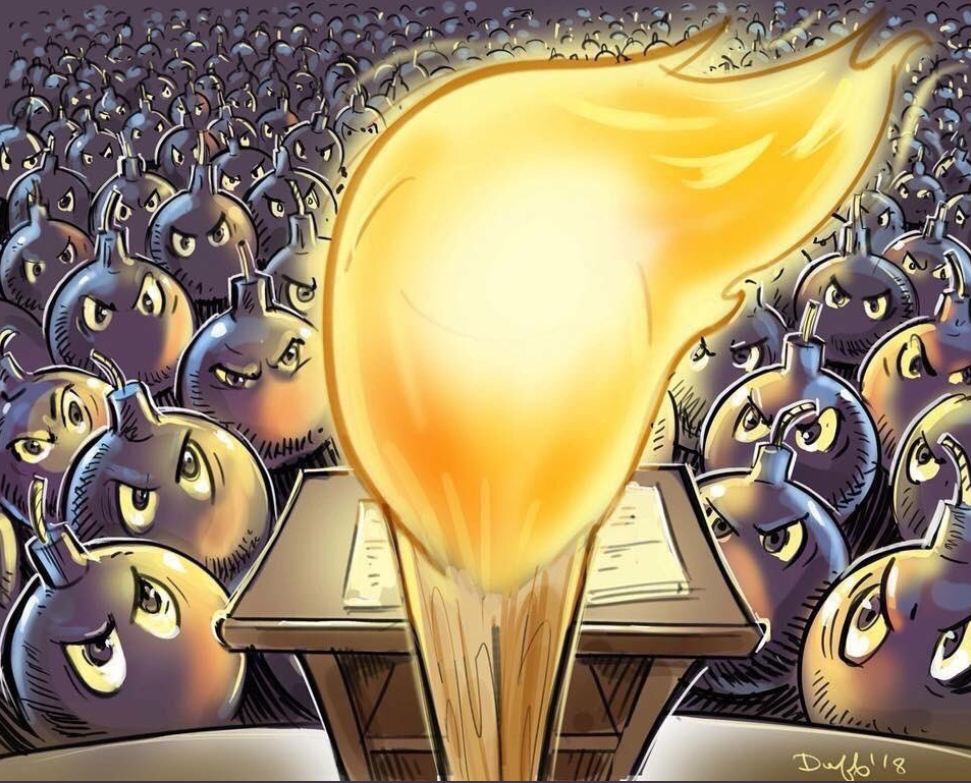Introducing Episode 30 – Solidarity
If you have come to help me, you are wasting your time. But if you have come because your liberation is bound up with mine, then let us work together.
— Aboriginal activists group, Queensland, 1970s
I want to start by stating that I believe solidarity is one of the three foundations of anarchy (or specifically my idea of anarchy): solidarity, mutual aid and free association (disassociation). These three concepts are interconnected. For solidarity to work, for a commitment to build social relations and actions between individuals and communities, there needs to be both mutual aid and free association. Connections of solidarity need all those engaging in the work/struggle to benefit, to share, to build together. It can’t be a one sided relationship where one party is there to save or free the other party. It is not “Charity.” Both parties benefit and thrive from the relationships, connections and actions. At anytime the relationship or connection may end. It is not guaranteed or set in stone. For solidarity to thrive it must evolve, grow and move with changing situations. Solidarity is free and voluntary. Solidarity should build and nurture active power not reinforce and continue alienated powered.
In practice, anarchist mostly inhabit the realm of solidarity because we are a minority in resistance (at least presently.) As a minority, we work with those that do not call themselves anarchists but see a common struggle, world, or practice. This week we will be discussing what solidarity looks like. We asked people to call in and discuss how they understand and practice solidarity. What are the limitations or possibilities of solidarity? What kinds or acts of solidarity would they or do participate in? Some anarchists build social relations and action with organizations like Democratic Socialists of America, Maoists and other state socialists/communists seeing a common goal, enemy or desire. Are these acts of solidarity or attempts to play a mathematical game to build a illusion of a “mass movement.” Does solidarity pull together different historical and lived experiences for overlapping struggles and desires or does it essentialize difference as incommensurable histories, lives and experiences. Is solidarity and allyship parallel (virtually the same) project or are they different modes of living, practicing and struggling produce opposite social relations?
Each of us will being to the show our concrete and lived experiences with solidarity, our discussion will hopefully bring you into the conversation with you calling in sharing your position, arguing against one of ours or possibly expanding how we all see solidarity.
Join in the conversation!
Sunday at noon (PST or -7 UTC) at https://anarchybang.com/
Email questions ahead if you like
The real time IRC is a chaotic mess (and pleasure). There are better ways to connect to IRC but it involves some reading
The call in number is (646) 787-8464


Recent Comments